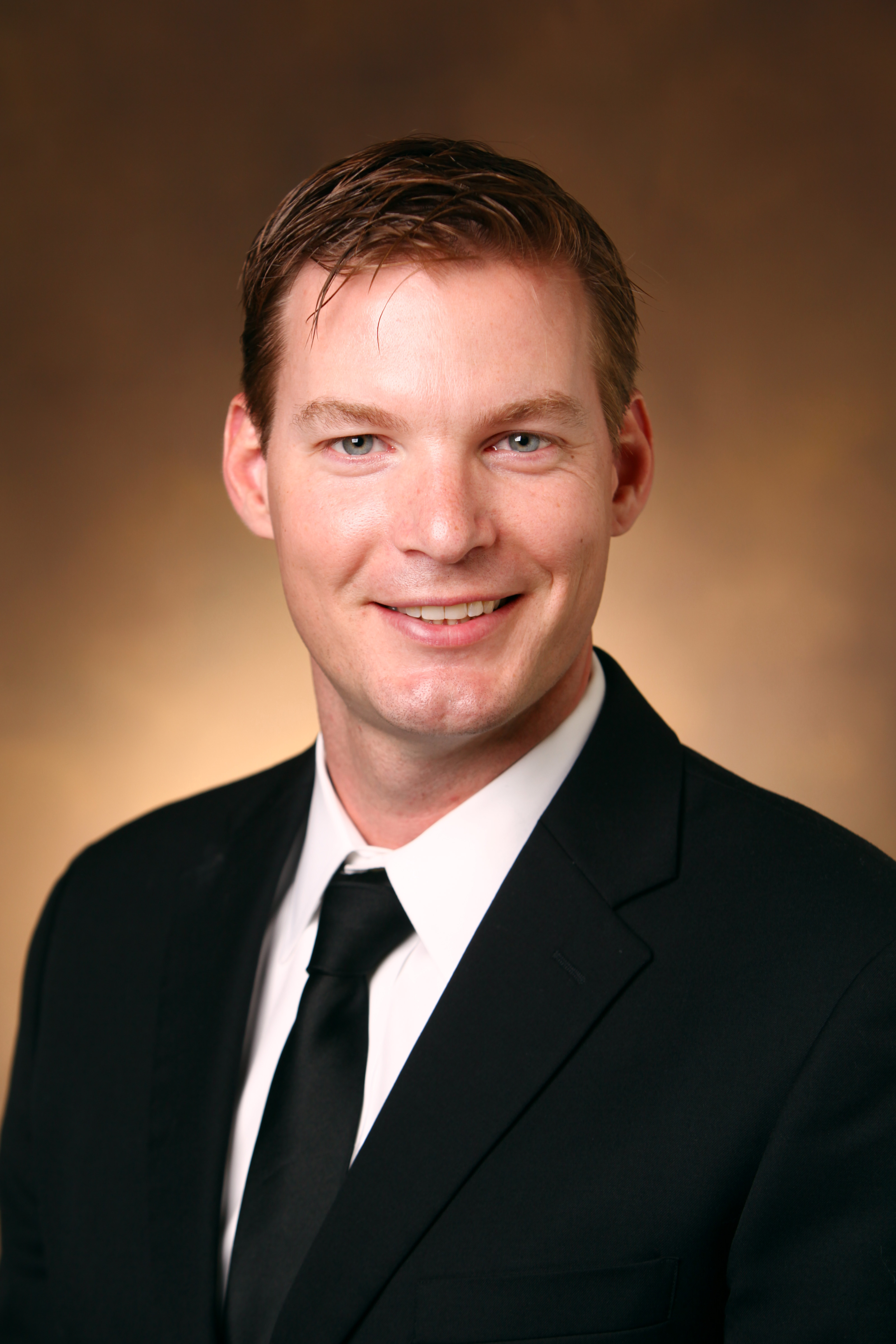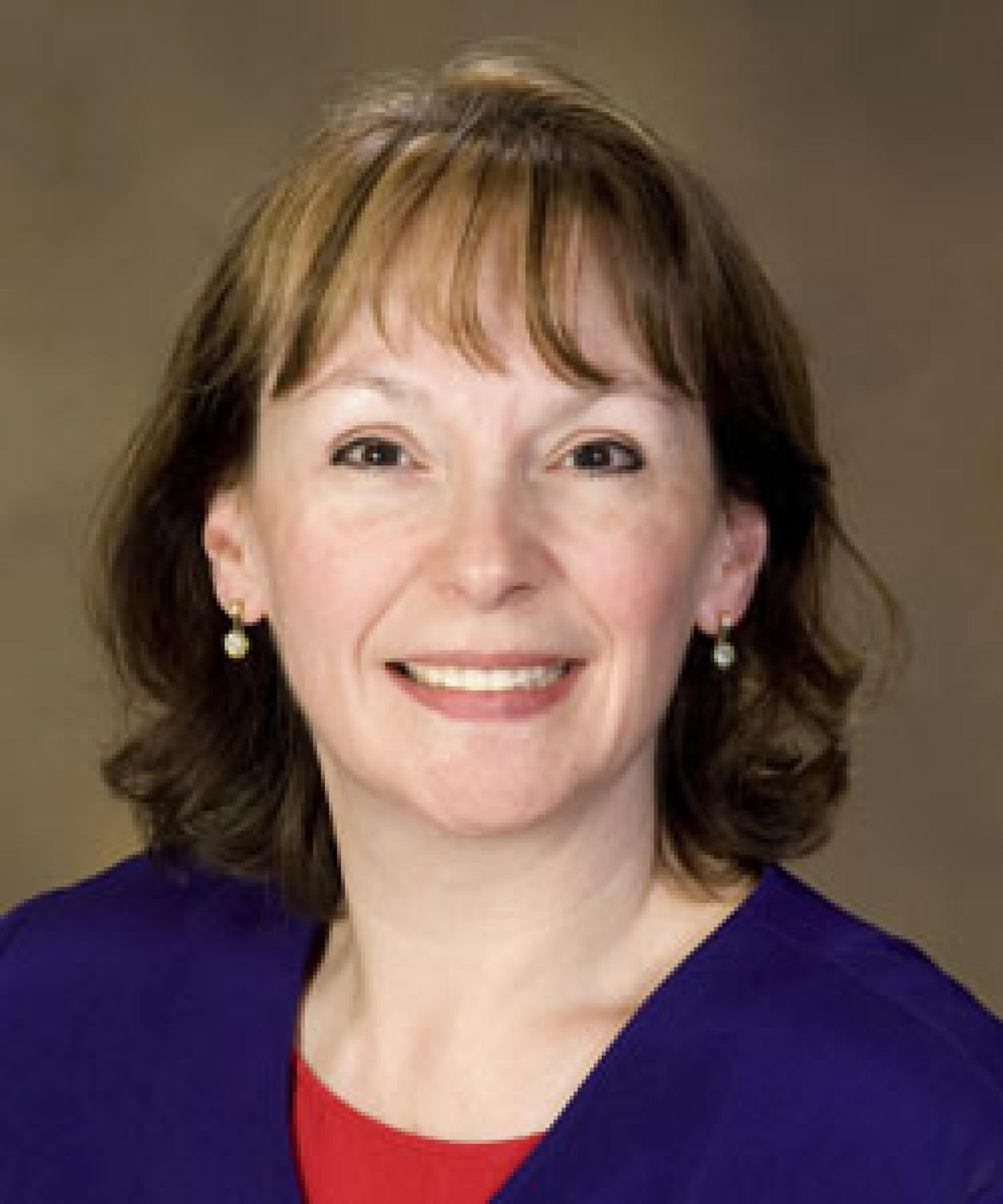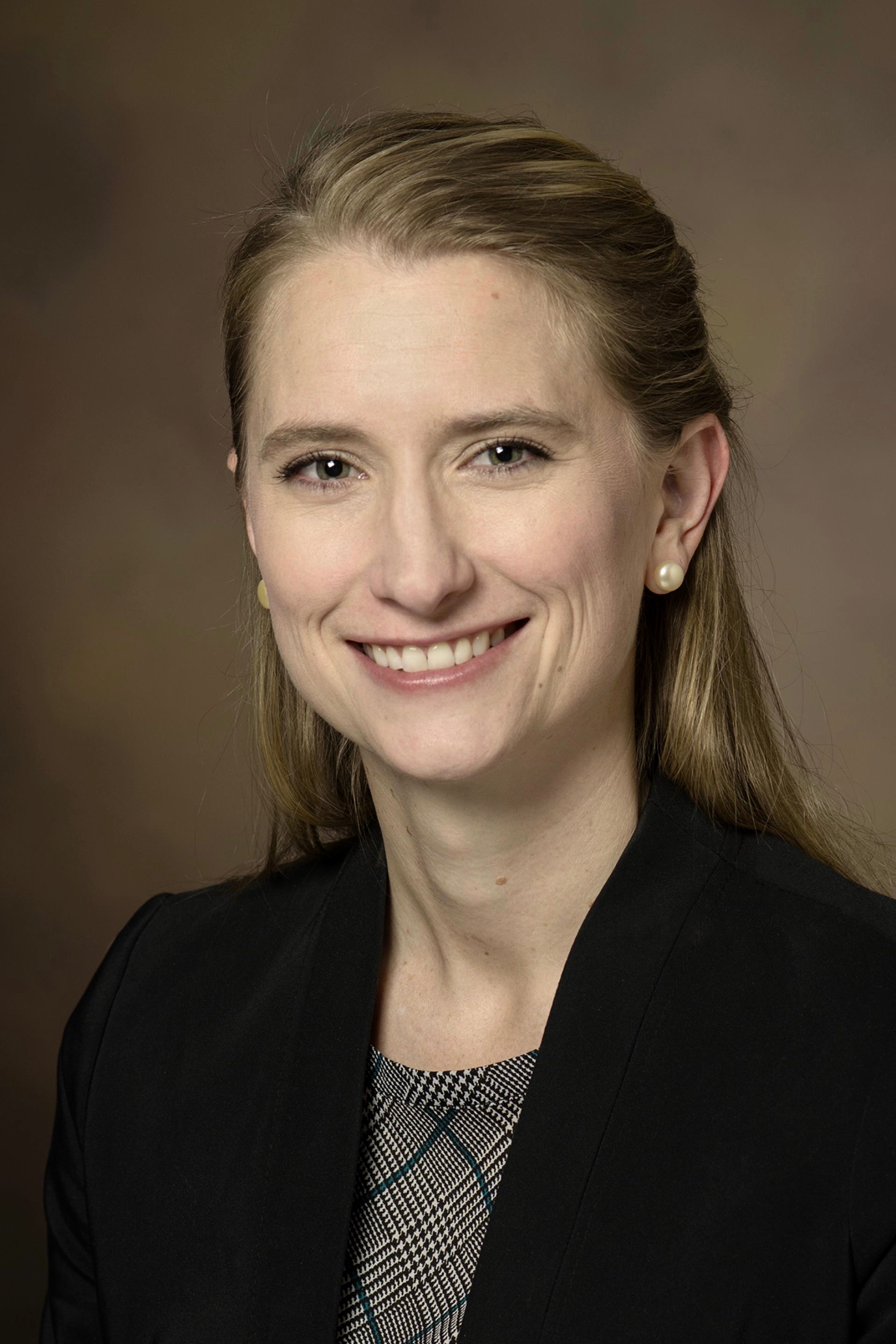Committee Chair: H. Eugene Hoyme, MD, FACMG, FAAP
 Senior Advisor, Center for Applied Genetics and Genomic Medicine; Medical Director, University of Arizona Genetic Counseling Graduate Program; Clinical Professor, Pediatrics and Medicine; Medical Director, Sanford Children’s Genomic Medicine Consortium
Senior Advisor, Center for Applied Genetics and Genomic Medicine; Medical Director, University of Arizona Genetic Counseling Graduate Program; Clinical Professor, Pediatrics and Medicine; Medical Director, Sanford Children’s Genomic Medicine Consortium
Dr. Gene Hoyme is the medical director of the UA genetic counseling graduate program and the Senior Advisor to the Center for Applied Genetics and Genomic Medicine. Dr. Hoyme is also a clinical professor in the UA Departments of Pediatrics and Medicine, and is a practicing clinical pediatric geneticist. His research focuses on the delineation of genetic syndromes and fetal alcohol spectrum disorders. His interest in fetal alcohol spectrum disorders has concentrated on practical, accurate and early diagnosis of affected children. He has authored more than 400 original articles, book chapters, monographs and research abstracts, as well as a textbook, Signs and Symptoms of Genetic Conditions: A Handbook.
Jason H. Karnes, PharmD, PhD, BCPS
 Assistant Professor, Department of Pharmacy Practice and Science; Director of Scientific Programs, University of Arizona/Banner Health All of Us Research Program; Member, Division of Pharmacogenomics, Center for Applied Genetics and Genomic Medicine; Member, Sarver Heart Center, University of Arizona Health Sciences
Assistant Professor, Department of Pharmacy Practice and Science; Director of Scientific Programs, University of Arizona/Banner Health All of Us Research Program; Member, Division of Pharmacogenomics, Center for Applied Genetics and Genomic Medicine; Member, Sarver Heart Center, University of Arizona Health Sciences
Dr. Karnes' primary area of research interest is cardiovascular pharmacogenomics, specifically investigating the utility of genetic polymorphisms to predict toxicities of cardiovascular drugs. He employs a translational approach to investigate pharmacogenomic associations using observational studies, functional genomics techniques, and eventually prospective clinical trials. His ultimate career goal is to facilitate personalized cardiovascular medicine and genotype-guided prescribing to avoid serious cardiovascular drug toxicities.
Dr. Karnes received his Bachelor of Arts degree in Ancient Greek from the College of William and Mary. In 2004, he moved to Gainesville, FL to pursue a Doctor of Pharmacy at the University of Florida, which he completed in 2008. He remained at the University of Florida to pursue a Doctor of Philosophy in Clinical Pharmaceutical Sciences. His graduate work focused on the pharmacogenomics of adverse metabolic effects of antihypertensive drugs under the mentorship of Drs. Julie Johnson and Rhonda Cooper-DeHoff. In August 2012, he began a research fellowship at Vanderbilt University under the mentorship of Dr. Dan Roden. At Vanderbilt, his research studies focused on cardiovascular pharmacogenomics and he served as the Jason D. Morrow Chief Fellow for the Division of Clinical Pharmacology. In September 2015, he joined the faculty at the University of Arizona College of Pharmacy in the Department of Pharmacy Practice & Science.
Dr. Karnes is an author on thirty one peer-reviewed manuscripts and thirty two abstracts presented at national and international meetings. He is active in multiple professional societies including the American Society for Clinical Pharmacology and Therapeutics, the American Heart Association, and the American College of Clinical Pharmacy. He is supported by an American Heart Association Scientist Development Grant and an American College of Clinical Pharmacy Research Institute’s Futures Award.
Maureen Kelly Galindo, MS, RN
 Nurse, Pediatrics Division of Genetics and Developmental/Behavioral Pediatrics
Nurse, Pediatrics Division of Genetics and Developmental/Behavioral Pediatrics
Maureen is a genetics nurse working in Genetics and Developmental/Behavioral Pediatrics. She provides consultation on genetic testing, process, results, consenting and counseling for physicians and patients. She also teaches the underlying principles of ethics and applications of clinical genetics to undergraduate and graduate healthcare professionals.
Christina Laukaitis, MD, PhD, FACP, FACMG
 Associate Professor, Medicine and Nutrition; Member, University of Arizona Cancer Center
Associate Professor, Medicine and Nutrition; Member, University of Arizona Cancer Center
Christina Laukaitis is an associate professor in the University of Arizona College of Medicine. Dr. Laukaitis earned her MD and PhD from the University of Illinois. She completed a residency in Internal Medicine at St. Vincent Hospital in Indianapolis, IN and a Medical Genetics fellowship at the University of Washington. She joined the faculty at the University of Arizona College of Medicine in 2008.
Dr. Laukaitis is board certified in Internal Medicine and Medical Genetics and leads the clinical genetics efforts for the Department of Medicine and the Center for Applied Genetics and Genomics. She is the program director for the Molecular Genetic Pathology Fellowship program and is medical education director for the outreach core of the Partnership for Native American Cancer Prevention.
Dr. Laukaitis’ research has both basic and applied aspects. Her basic science work focuses on an unstable region of the mouse genome containing 64 genes encoding pheromones. Her clinical practice and research focus on diagnosing and managing patients with genetic syndromes. She has worked to understand the contribution of genetics to breast cancer in women of Mexican ancestry and cares for people at high risk of cancer because of inherited gene mutations. She also cares for a large cohort of people with various forms of Ehlers Danlos syndrome and has organized the hEDS GENE study, a major effort to identify genes predicting the hypermobility subtype of EDS.
Deborah Meyers, PhD
 Co-Director, Division of Pharmacogenomics, Center for Applied Genetics and Genomic Medicine; Co-Chief, Division of Genetics, Genomics and Precision Medicine, Department of Medicine; Professor, Medicine, University of Arizona
Co-Director, Division of Pharmacogenomics, Center for Applied Genetics and Genomic Medicine; Co-Chief, Division of Genetics, Genomics and Precision Medicine, Department of Medicine; Professor, Medicine, University of Arizona
Deborah Meyers, PhD has recently joined UA faculty. She has had extensive experience with genetic analysis and identification of genes for rare and common diseases based on family studies and genome wide association approaches. She has worked on many diseases but has concentrated on respiratory diseases including asthma and COPD. Her work has been funded through multiple NHLBI multicenter grants including an ARRA GO grant and a current TOPMED grant to perform whole genome sequencing on ~2,000 well characterized subjects with asthma. She has worked extensively on pharmacogenetics in asthma especially on its applicability to individuals of different racial backgrounds.
Dee Quinn, MS, CGC
 Director of Genetic Counseling Services and Clinical Genetics Educator; Program Director, University of Arizona Genetic Counseling Graduate Program; Senior Genetic Counselor, Obstetrics and Gynecology; Director, MotherToBaby Arizona; Lecturer, Obstetrics and Gynecology
Director of Genetic Counseling Services and Clinical Genetics Educator; Program Director, University of Arizona Genetic Counseling Graduate Program; Senior Genetic Counselor, Obstetrics and Gynecology; Director, MotherToBaby Arizona; Lecturer, Obstetrics and Gynecology
In April of 2016, Ms. Quinn was appointed Program Director of the University of Arizona Genetic Counseling Graduate Program. She was the Director of the University of Arizona’s previous program from its opening in 1995 until its closure in 2005.
She is currently the Director of MotherToBaby Arizona (previously known as the Arizona Pregnancy Riskline). She is a Clinical Lecturer/Instructor in the College of Medicine, Department of OB/GYN and the College of Pharmacy at the University of Arizona with extensive experience in education in genetics, genetic counseling, embryology and teratology to medical students, residents, and other allied health professionals. In addition, she has provided numerous educational events to the community.
Ms. Quinn received a BSN degree from the University of Bridgeport in 1975 and her Master’s degree in Genetic Counseling from Sarah Lawrence College in 1981. She has been ABGC- certified since 1984. At the University of Connecticut from 1981-1989, Ms. Quinn provided prenatal, pediatric, and cancer genetic counseling, and developed the Connecticut Pregnancy Riskline. Since coming to the University of Arizona in 1989, she has provided prenatal and teratology counseling. She served as President of the Organization of Teratology Information Specialists (OTIS) from 1999-2001 and Executive Director from 2005-2012. Ms. Quinn is a member of the National Society of Genetic Counselors, the Association of Genetic Counseling Program Directors, the Organization of Teratology Information Specialists and the Teratology Society.
Linda L. Restifo, MD, PhD
 Professor, Neurology, Neuroscience, Cellular and Molecular Medicine; Member, Evelyn F. McKnight Brain Institute, BIO5 Collaborative Research Institute, Steele Children’s Research Center, Sarver Heart Center; Research Director, Genetic Counseling Graduate Program
Professor, Neurology, Neuroscience, Cellular and Molecular Medicine; Member, Evelyn F. McKnight Brain Institute, BIO5 Collaborative Research Institute, Steele Children’s Research Center, Sarver Heart Center; Research Director, Genetic Counseling Graduate Program
Dr. Linda Restifo earned all three of her academic degrees from the University of Pennsylvania – BA (Biology), MD, and PhD (Genetics). Her postgraduate clinical training in adult and child neurology was at Harvard Medical Center’s Longwood campus. She did postdoctoral research training in developmental neurogenetics at Brandeis University. Dr. Restifo now directs a research program on developmental brain disorders using the fruit fly (Drosophila melanogaster) genetic model system, with an emphasis on how mutations and environmental toxins disrupt neuronal differentiation. Her goal is to make intellectual disability (a/k/a mental retardation) and autism treatable with safe and effective drugs. With funding from NIH and Autism Speaks, Dr. Restifo and colleagues developed a novel cellular bioassay, based on primary culture of developing brain neurons, which reveals defects caused by mutations or neurotoxins. Their published proof-of-concept drug screen identified potential treatments for developmental brain disorders. Work in progress will determine which genetic defects are most likely to respond to which drugs. Such treatments would represent a dramatic improvement in the medical care of children with cognitive or behavioral delay due to transmitted or de novo mutations. Her collaborators include human geneticists, computer scientists, computational chemists, mechanical engineers, physicians in neurology and psychiatry, as well as other neuroscientists. In the teaching arena, Dr. Restifo is highly motivated to bridge the cultural divide between the worlds of clinical medicine and laboratory science that slows progress in translational medicine.
Casey E. Romanoski, PhD
 Assistant Professor, Department of Cellular and Molecular Medicine; BIO5 Fellow, BIO5 Institute; Member, Genetics Graduate Interdisciplinary Program
Assistant Professor, Department of Cellular and Molecular Medicine; BIO5 Fellow, BIO5 Institute; Member, Genetics Graduate Interdisciplinary Program
After receiving a BA from the University of Arizona in 2004, I completed a PhD in Human Genetics in 2010 from the University of California, Los Angeles. Under mentorship from Jake Lusis, my studies identified genetic variants that in part determine how individuals respond differently to the same pro-inflammatory stimulus. Next, I completed a postdoctoral fellowship under mentorship from Christopher Glass at the University of California, San Diego. There, I utilized genetic variation among laboratory mice to identify mechanisms by which regulatory elements called enhancers establish cell type-appropriate gene regulatory programs.
I received the prestigious K99/R00 Pathway to Independence Award from the NIH Heart Lung and Blood Institute that has supported my transition from trainee to independent Principal Investigator. I started as an Assistant Professor at the University of Arizona in 2016.
The goal of my research program is to leverage the interconnected relationship between genetic variation, transcriptional regulatory networks, and disease susceptibility to identify mechanisms that drive inflammatory disease.
Valerie Schaibley, PhD (ex-officio)
 Administrator, Center for Applied Genetics and Genomic Medicine; Associate Director, University of Arizona Genetic Counseling Graduate Program
Administrator, Center for Applied Genetics and Genomic Medicine; Associate Director, University of Arizona Genetic Counseling Graduate Program
Dr. Schaibley is the Administrator for the Center for Applied Genetics and Genomic Medicine (TCAG2M) at the University of Arizona Health Sciences (UAHS). In her role at TCAG2M, she provides administrative and scientific leadership to advance the goals of the center and the Precision Health Initiative at UAHS. Dr. Schaibley received her PhD in Human Genetics from the University of Michigan, studying patterns of mutation in the human genome using rare variant data obtained from next-generation sequencing. She has extensive experience in scientific communications, project management, and precision medicine. Prior to joining UA, she worked in a precision medicine start-up company contributing to genetic testing product development, physician and patient-oriented genetic test reports, bioinformatic and data analysis pipelines, and scientific communication strategies.


